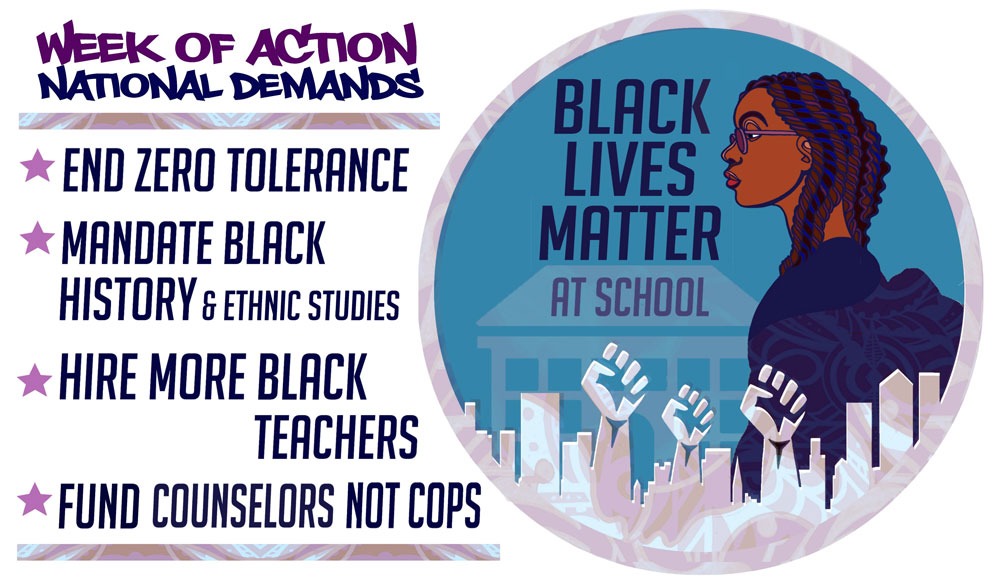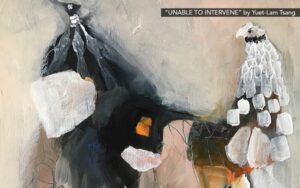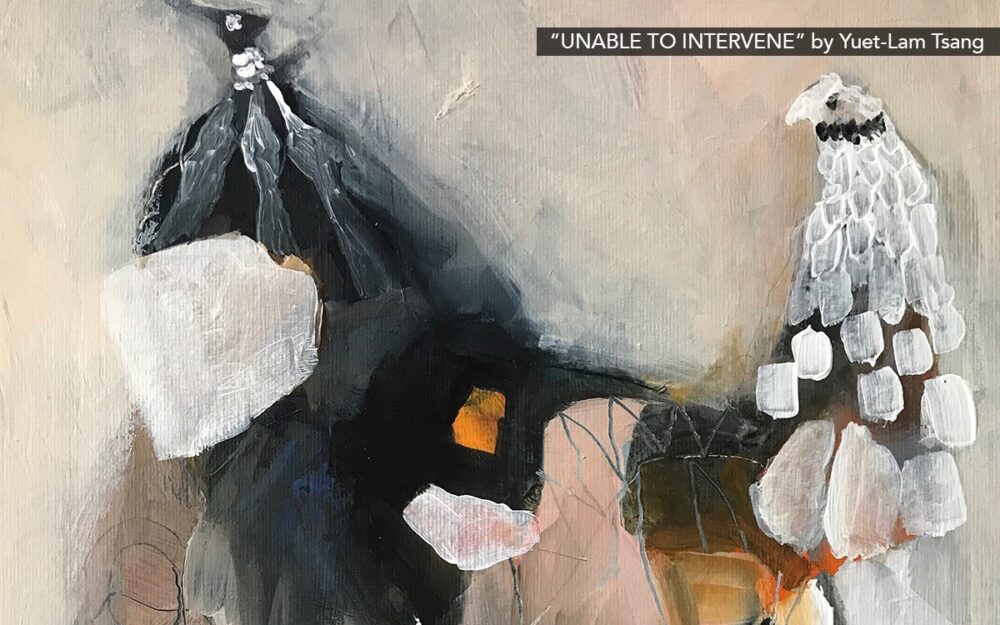
February 5, 2020; Boston Globe
It seems the children aren’t the only ones in need of some lessons this week. The Boston Police Patrolmen’s Association (BPPA) came out against efforts by Boston Public Schools (BPS) to improve racial equity in education and has faced strong backlash for its stance.
Black History Month started this week. In Boston Public Schools and dozens of other districts nationwide, it began with Black Lives Matter at School’s national week of action, which aims to educate students and shift school culture to be less punishing for students of color. Its four pillars are:
- End “zero-tolerance discipline” and implement restorative justice in schools.
- Hire more Black teachers in schools.
- Mandate Black history and ethnic studies in K-12 curriculum.
- Fund counselors, not cops.
This is BPS’ third year of participation in the week of action. NPQ has discussed these strategies, all research-supported ways to create supportive, equitable learning environments for children.
BPPA didn’t see it that way. President Michael Leary wrote a letter to Boston Teachers Union (BTU) President Jessica Tang, saying:
[We] protest the BTU’s participation in and endorsement of Black Lives Matter at School Week. I strongly urge you to reconsider the BTU’s decision to support Black Lives Matter, an anti-police organization whose activities have the effect of making my members less safe.
[…]
Vilifying those who serve the public as police officers only increases distrust and puts police and citizens at risk of increased violence from an emboldened group of angry anti-police individuals.
Thomas Nolan, a retired Boston police officer who now teaches criminology and criminal justice at Emmanuel College, called Leary’s letter “garbage” and “an embarrassment to Boston police officers.” At the time of this writing, the letter had been removed from BPPA’s website.
BPPA’s history makes their opposition to BLM unsurprising. They are a police union exclusively devoted to serving patrolmen, the department’s lowest rank. They were formed in 1965 to defend policemen accused of brutality or misconduct during Civil Rights protests. It’s also worth noting that according to a number of sources, including Eastern Kentucky University’s police studies program, police forces in the United States were initially formed in the 18th and 19th centuries to capture and return runaway slaves.
Sign up for our free newsletters
Subscribe to NPQ's newsletters to have our top stories delivered directly to your inbox.
By signing up, you agree to our privacy policy and terms of use, and to receive messages from NPQ and our partners.
Leary has written other public letters complaining about “anti-police sentiment,” including to Congresswoman Ayanna Pressley and Senator Elizabeth Warren. In the letter to Senator Warren, he challenged her characterization of Michael Brown’s death, arguing “there was no murder.”
Another police union, the Massachusetts Association of Minority Law Enforcement Officers (MAMLEO), joined with the Boston branch of the NAACP to release a statement expressing concern about Leary’s letter. “Some of the members of MAMLEO also oppose #4,” they wrote. “However, we refuse to focus solely on that point when the other three are so critically important to the success of all students in school, especially Black students.”
Leary’s asinine insistence that Black Lives Matter endangers the safety of police officers is bad enough. What’s worse is that by publishing this article and asking to end the action week, he prioritizes his agitation about police officers’ public image over both very real concerns about police violence and the importance of equitable, anti-white supremacist education.
Tang, BTU, and Boston Public Schools are holding out, and it’s a good thing, because the focus points in this week of action could not be more critical. NPQ has addressed the “cops versus counselors” binary and the harm it does to learning environments; police were initially placed in schools to placate white parents nervous about integration.
Tang showed up at a school committee meeting on Wednesday wearing a Black Lives Matter t-shirt and declared, “We believe adequate access to social-emotional well-being, restorative practices and other efforts are more effective than increasing police presence in our schools.” Tang also pointed out that Boston Public Schools have spent the last two years under a court mandate to hire more educators of color.
Michael Harriot of The Root noted this week,
Black history is more American than the alternative version of white history that is almost based on a true story. This fictionalized version of our national past not only lends itself to ignorance; it also perpetuates the false narrative of American exceptionalism and fuels misconceptions of our present state of being… Perhaps [people] would do more to dismantle the system if they knew how America intentionally embedded inequality in its political, social, and financial institutions.
Schoolyard News, an independent, parent-run news site for BPS families, published an article from Boston Teachers Union Political Director Johnny McInnis, who pointed out Boston’s drastic racial inequalities when it comes to wealth, housing, and schools.
Tang added, “we’re demonstrating support, love, and affirmation to our Black students, families, and educators.” She and the teachers she represents offered to educate the police on the BLMS action week and the principles it represents.—Erin Rubin













